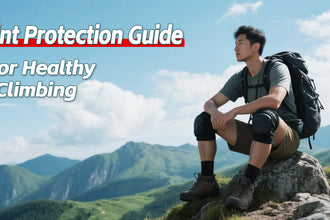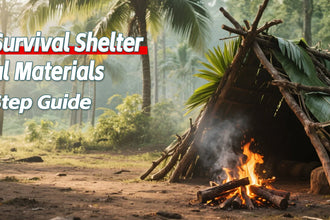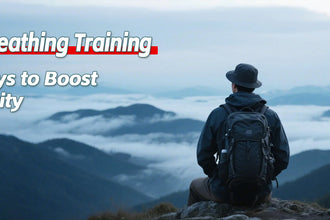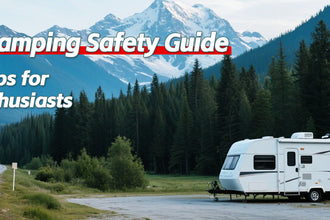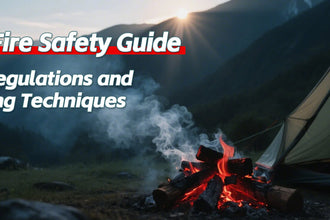

Getting lost in the wilderness can be a frightening experience, but knowing how to respond can make a significant difference. Here are some essential steps to take if you find yourself in this situation:
-
Stay Calm: The first step is to remain calm. Panic can cloud your judgment and make the situation worse. Take deep breaths and focus on assessing your situation.
-
Stop Moving: If you realize you are lost, it’s often best to stop moving. Continuing to walk can lead you further away from safety. Instead, take a moment to gather your thoughts.
-
Assess Your Resources: Check what supplies you have with you, such as food, water, clothing, and first aid items. This will help you plan how to use them wisely.
-
Look for Landmarks: Try to identify any recognizable landmarks, such as mountains, rivers, or roads. These can help you determine your location and direction.
-
Use a Map and Compass: If you have a map and compass, use them to orient yourself and find your way back to safety.
-
Follow Natural Signs: If you can’t find your way, consider following a river or stream, as they often lead to populated areas.
-
Signal for Help: Use a whistle, mirror, or any reflective object to signal for help. Making noise can also attract attention.
-
Build a Shelter: If you need to stay overnight, create a temporary shelter to protect yourself from the elements and wildlife.
-
Conserve Energy: Avoid unnecessary physical exertion. Ration your food and water to make them last longer.
-
Avoid Dangerous Areas: Stay away from cliffs, fast-moving water, and other hazardous locations.
-
Mark Your Path: If you decide to move, leave markers along the way to help rescuers find you.
-
Use GPS Devices: If you have a GPS device, use it to determine your location and plan your route.
-
Check for Cell Service: If you have a cell phone signal, call for help immediately.
-
Know Local Wildlife: Be aware of the wildlife in the area and take precautions to avoid dangerous encounters.
-
Wait for Rescue: If you cannot find your way out, stay put and wait for rescuers to find you.
In conclusion, being prepared and knowing what to do if you get lost in the wilderness can be the difference between a harrowing experience and a survivable one. It's crucial to always be aware of your surroundings, to have a plan, and to carry essential survival gear. Remember, the key to surviving any outdoor emergency is to stay calm, think rationally, and act decisively. By following the steps outlined above, you can increase your chances of being found and return safely from your outdoor adventures.






